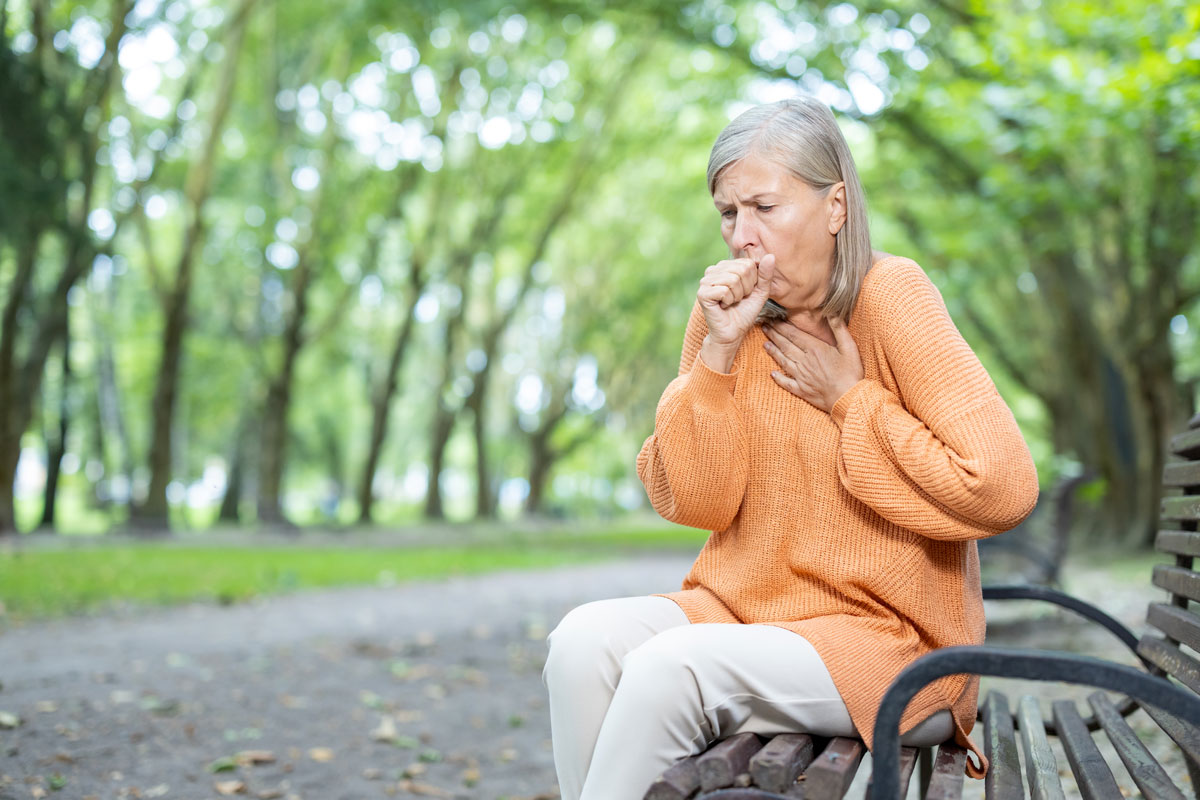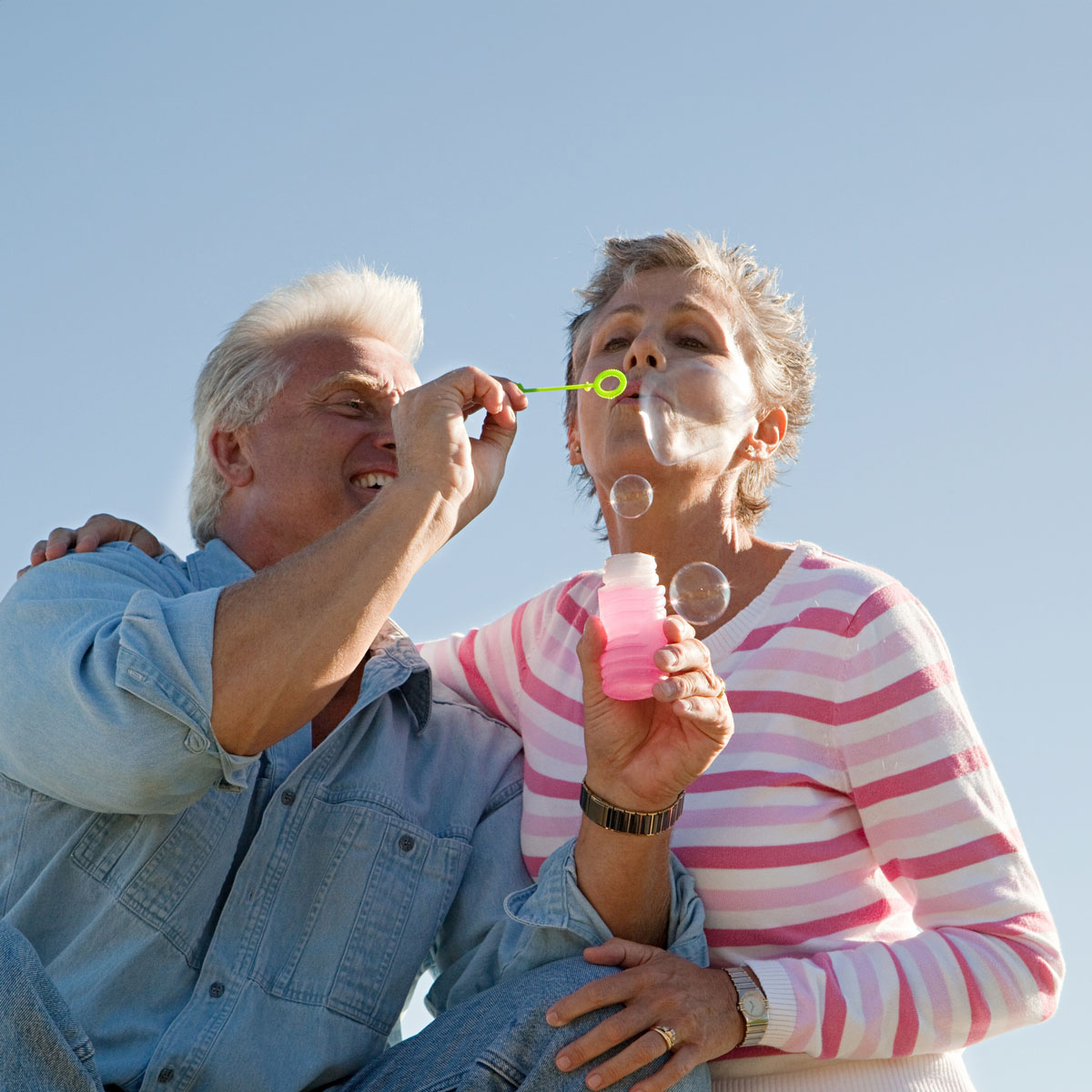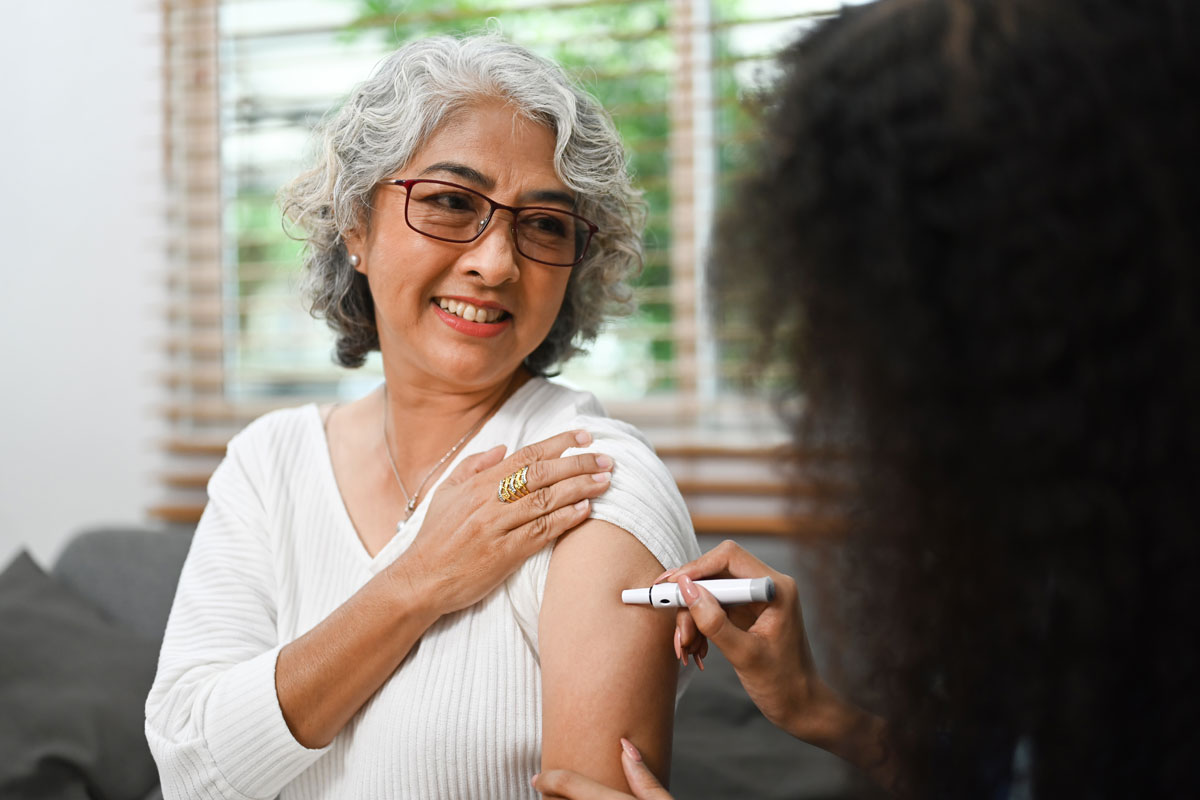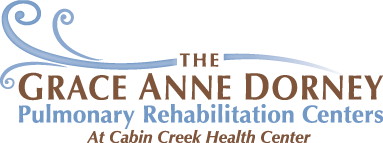Chronic Obstructive Pulmonary Disease (COPD) affects millions worldwide, often catching people by surprise as symptoms can develop slowly, especially in adults over 40.
With November as National COPD Awareness Month, it’s a good time to learn how to protect your lung health and understand the early signs, risk factors, and treatment options for COPD.
What is COPD?
Chronic obstructive pulmonary disease, commonly called COPD, is a group of long-term lung diseases that includes chronic bronchitis and emphysema. These conditions lead to blocked airflow, making it harder to breathe and perform daily activities. Though COPD is incurable, recognizing it early and adopting healthy lifestyle practices can help manage symptoms and slow its progression.

Recognizing Early Signs and Symptoms
One of the challenges with COPD is that symptoms can be mistaken for aging or other health issues. However, it’s essential to pay attention to signs like:
- Shortness of breath, especially during physical activity
- A chronic, persistent cough, often with mucus
- Wheezing or noisy breathing
- Chest tightness
- Unusual fatigue or tiredness
If these symptoms sound familiar, speak with a healthcare provider for a lung function test, such as spirometry, which measures airflow and can help diagnose COPD early.

Prevention Tips for Every Age

Young Adults: Prevention Starts Now
For young adults, preventing lung damage is key. Avoid smoking and limit exposure to air pollutants, secondhand smoke, or chemical fumes. For those with a family history of COPD or an inherited condition called Alpha-1 Antitrypsin (AAT) deficiency, it’s especially important to get tested, as early intervention can protect lung function.

Middle-Aged Adults: Don’t Ignore Warning Signs
COPD often begins to show noticeable symptoms in adults over 40. If you’ve smoked or experienced exposure to lung irritants, take action if you notice persistent cough or shortness of breath. Talking openly with your healthcare provider about your lifestyle and symptoms can lead to early detection and an individualized treatment plan.

Older Adults: Managing COPD
For older adults, maintaining lung health means following prescribed treatments, such as using bronchodilators and inhaled corticosteroids, as well as making lifestyle adjustments. Pulmonary rehabilitation programs, which teach breathing exercises and other management strategies, can improve quality of life for those with COPD. Staying active within limits, following a healthy diet, and keeping up with vaccinations are essential steps.
Reducing COPD Progression
While there is no known cure to COPD, there are actions you can take to protect your lung health and prevent symptoms from worsening:
Quit Smoking
Smoking is the primary cause of COPD. Quitting can slow progression and improve symptoms.

Minimize Lung Irritants
Limit exposure to pollutants, such as dust, fumes, and smoke. Discuss workplace safety if exposed to irritants at your job.

Stay Up-to-Date with Vaccines
Respiratory infections can worsen COPD symptoms, so ensure you’re vaccinated against flu, pneumonia, and COVID-19.

Pulmonary Treatment
Treatment at The Grace Anne Dorney Pulmonary Rehabilitation Center, located conveniently in Kanawha County, helps patients by:
- Teaching breathing techniques which help improve airflow and reduce shortness of breath
- Building muscle strength for muscles involved in breathing and daily movement, which can enhance overall endurance and reduce fatigue
- Educating on COPD management. We’ll help you identify early signs of flare-ups, help you avoid triggers, and empower you to take an active role in managing COPD
- Reducing symptoms and hospitalizations with better symptom control
- Boosting quality of life and independence

Support and Resources
Living with COPD can be challenging, but you’re not alone. Support groups, online resources, and your healthcare team can help you manage the disease. Organizations like the COPD Foundation and the American Lung Association offer resources and educational guides.
Take Action Now for Your Lung Health
COPD affects millions but can be managed with the right steps and early action. By staying informed and proactive, you can breathe easier and continue enjoying the activities you love.
Discuss treatment options with your healthcare provider about treatment at The Grace Anne Dorney Pulmonary Rehabilitation Center at Cabin Creek Health Center and start managing your COPD.
5722 Cabin Creek Road
Dawes, WV 25054
304.595.5006



